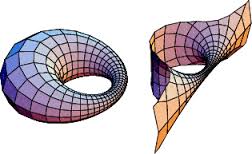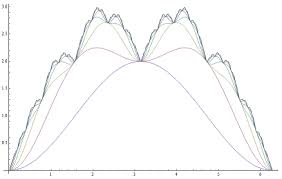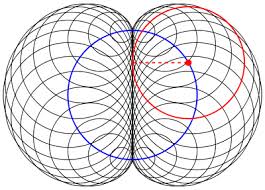
AI and Data Analytics in Intelligence Development
Digital and data driven enterprises rely on knowledge that needs to be managed and processed through a variety of intelligent tools. This course will cover the analytics knowledge management system design in modern enterprises and discuss how AI means are supporting organizations. Topics will include: principles of business analytics, data mining, data warehousing, text mining, knowledge management, from decision support and expert systems to LLM in artificial intelligence, neural networks, learning systems, and intelligent agents in a business context. Examples and case studies will be used to illustrate the key applications in a digital and AI oriented economy.

Principles and Applications of Machine Learning
AI is a universe that is in the opening stage for understanding, in this course there is an introduction to understand basic tools in R and Python to create solutions and applications of AI.

Statistical and Machine Learning
Understanding of the basic models for prediction, classification, creation of groups, link analysis, and multiple other problems require the understanding of the pillars of statistical and machine learning models.

Data Visualization
Data visualization goes beyond creation of charts because data visualization is about exploration, description, models understanding and evaluation, workflows of data analytics process, creation of data products and use of capabilities of languages and tools.

Optimization
Optimization is part of prescriptive analytics and at the same time a way to understand how algorithms are improving the search for answers and convergence.

Decisions and Data Analytics
Using data analytics for supporting the decision making process requires not only the modeling process but also the creation of understanding and guides for actions.

Marketing and Strategy Analytics
The potential of the use of data analytics is enormous, many questions and problems from marketing research to strategy can be solved.

Principles of Analytics I and II
These courses are the basis for understanding from EDA to basic models of statistical and machine learning